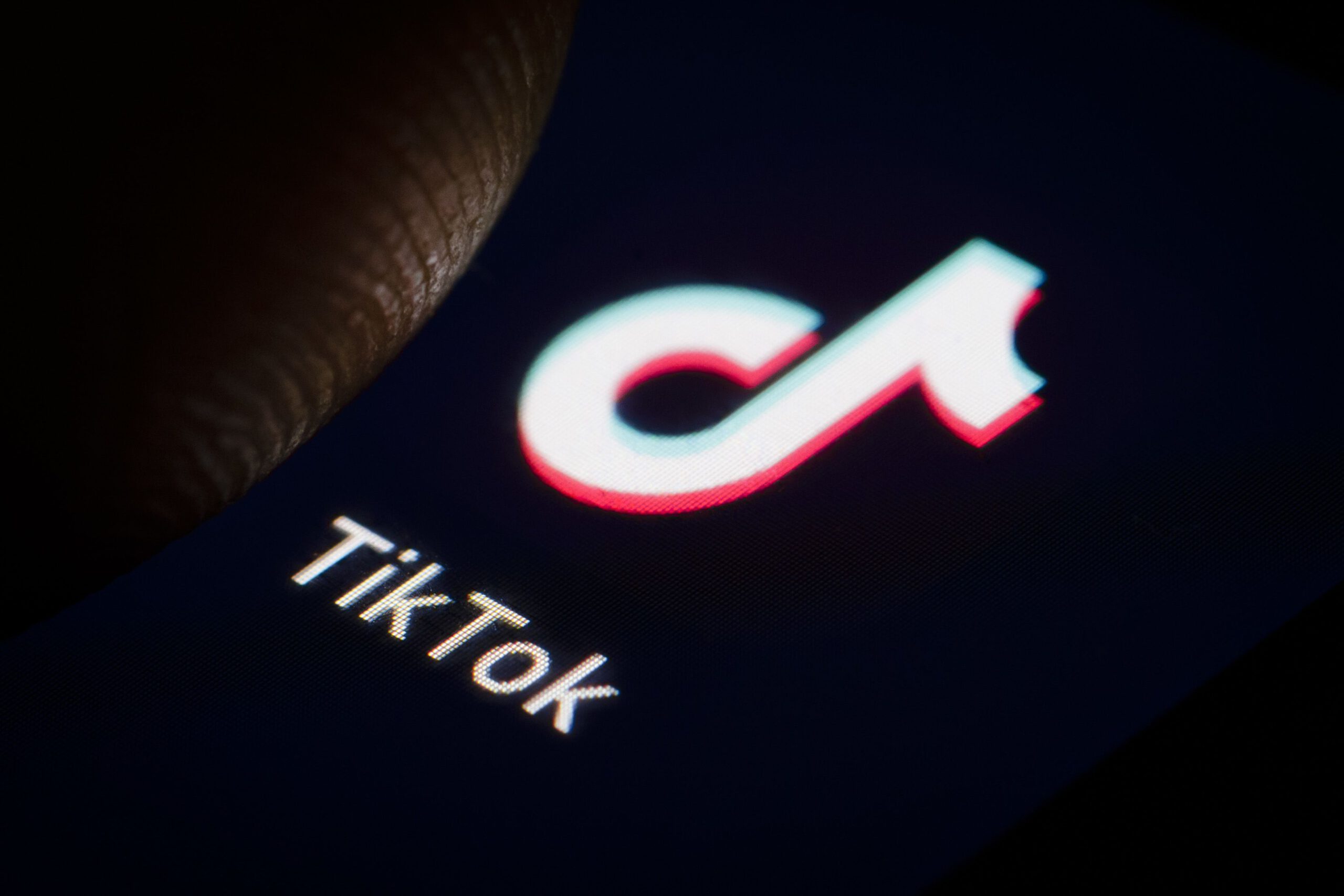Google unveiled a new Gmail design this week, overhauling its free email service with new features and a fresh look. Beyond the new design, smart replies, and email snooze features that regular Gmail users will enjoy, Google is adding in some smart business-focused features designed to improve productivity, security, and manage the sharing of emails. These are the types of features you’d usually find in rival software like Microsoft’s Outlook app that a lot of big businesses use for workplace emails. Microsoft dominates workplace productivity software, and Google has been a distant second with its G Suite offering for years. Google obviously wants that to change.
There’s a new confidential mode for setting expiration dates on emails, for example, and you can even block recipients from forwarding, copying, downloading, or printing particular messages. It’s the same information rights management (IRM) that Microsoft originally introduced in Outlook back in 2007.
Google is also adding improved email phishing detection, two-factor authentication to protect emails, and even the ability to use a more robust offline mode so travelling business users can simply use their regular Gmail tab in a browser without having to worry about connectivity. The biggest visual changes are also aimed at improving productivity for business users in Gmail. There’s a new sidebar which means you can look at calendar appointments side-by-side with emails, and even new quick hover buttons to delete or archive messages without needing to open them.
I’ve been using the new Gmail and a lot of these new features remind me of Outlook, which is only a good thing. Outlook has always kept mail, calendar, contacts, and tasks within a single app, and cleverly surfaced these when you’re trying to create a calendar appointment, or find someone’s number in a corporate directory. It’s one of the reasons I still use Outlook for iOS, because it keeps your calendar information, contacts, and email all within a single place instead of having to jump in and out of apps.
Google’s new sidebar in Gmail feels like a first big step towards better integration of mail, calendar, tasks, and contacts within Gmail. Consumers will enjoy it, and business users will find it really useful for scheduling meetings or managing tasks. Likewise, the security features will be used primarily by businesses to make emails self-destruct, or to avoid simple human errors where emails go to the wrong person.
All of these features are designed to get more businesses to seriously consider G Suite. Google has 4 million businesses paying for G Suite right now, compared to 120 million Office 365 commercial users. That’s double what Google had a few years ago, but Microsoft is still managing to dominate with Office 365. Microsoft even has 29.2 million consumers paying for Office 365, and it generates more revenue from Office 365 commercial subscriptions than regular standalone copies of Office. Google can clearly see Microsoft is outpacing its own growth in this area, and this latest Gmail update is an early response.
Microsoft is aiming to get two-thirds of its Office business customers over to the cloud (from standalone Exchange and Outlook) over the next 15 months so Google has a major battle ahead for big business. It’s not going to be quick or easy, but Google does have some important advantages over Microsoft. 1.4 billion people are using Gmail, compared to 400 million on Microsoft’s Outlook.com service. Google’s G Suite also dominates in education in the US, alongside Chromebooks, and it has made some impressive inroads in small businesses. Google also has the obvious advantage of its Android platform without Microsoft’s hefty legacy support issues, and of being web-first with its products. All of these advantages should make it easier for Google to entice the next generation of workers and businesses over to G Suite.
https://www.theverge.com/2018/4/26/17284098/google-gmail-design-g-suite-microsoft-office-365-competition









